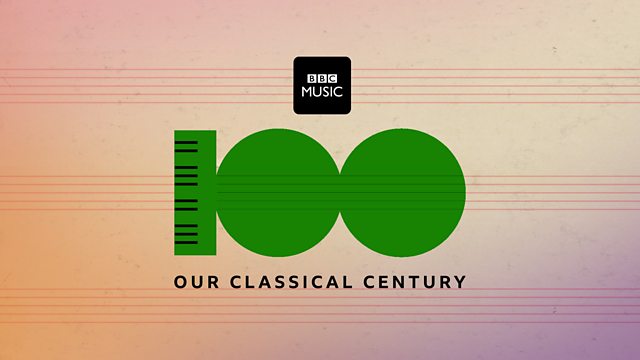
Colin Matthews: Pluto
A new eighth planet for Holst's The Planets suite.
On 11 May 2000, the Hallé Orchestra gave a performance of Holst’s seven-movement suite, The Planets - featuring a new, eighth planet at the end.
Pluto the Renewer was the creation of British composer Colin Matthews, who – hesitantly, and then enthusiastically – accepted conductor Kent Nagano's commission to create an additional movement for Holst’s masterpiece. Pluto had been discovered in 1930, some 15 years after Holst had completed The Planets. In 2006 it was downgraded by the International Astronomical Union to the status of "dwarf planet" - but by then, Matthews had completed the work. His Pluto was a triumph.
Holst's The Planets is incredibly popular. So how do you add to a work so complete, so beloved, by so many? Pluto is no act of ventriloquism. Matthews wanted his work to be his own piece, as far as possible. But he let instinct take over and perhaps came closer to Holst than he expected. His swirling solar winds are interspersed with the rhythmic and melodic ghosts of Mars, while the horn solo from Venus drifts through Saturn’s harmonic spectrum, and the final chord of Neptune reappears as if it had never gone away.
Pluto’s astrological status may still be debatable, but in musical terms, it belongs very much to The Planets.
This is one of 100 significant musical moments explored by �鶹������ҳ��� Radio 3’s Essential Classics as part of Our Classical Century, a �鶹������ҳ��� season celebrating a momentous 100 years in music from 1918 to 2018. Visit bbc.co.uk/ourclassicalcentury to watch and listen to all programmes in the season.
This is an archive recording by the �鶹������ҳ��� Scottish Symphony Orchestra and the Edinburgh Festival Chorus conducted by Donald Runnicles.
Duration:
This clip is from
Featured in...
![]()
The music of Our Classical Century—Our Classical Century
100 recordings to celebrate 100 years of exciting, inspirational, rule-busting music.
More clips from Our Classical Century
-
![]()
Step outside your musical tribe
Duration: 02:49



